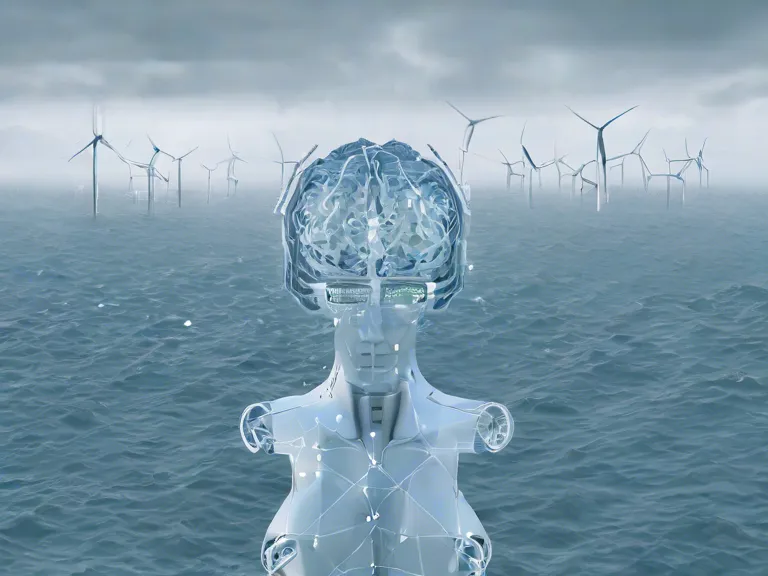
Artificial Intelligence (AI) has revolutionized climate research by enabling scientists to process vast amounts of data and make predictions with unprecedented accuracy. From analyzing satellite imagery to modeling complex climate systems, AI is playing a crucial role in advancing our understanding of climate change. In this article, we explore some recent applications of AI in climate research and the key discoveries that have been made possible through these technologies.
One of the areas where AI has made significant contributions is in the field of climate modeling. Traditional climate models rely on complex equations to simulate how various factors such as temperature, precipitation, and greenhouse gas levels interact to shape the Earth's climate. However, these models are limited by their computational power and the simplifying assumptions they make. AI can help overcome these limitations by using machine learning algorithms to analyze historical data and improve the accuracy of climate projections.
Another important application of AI in climate research is the analysis of satellite imagery. Satellites provide a wealth of data on various climate variables, such as sea surface temperature, ice coverage, and land use changes. By using AI algorithms to process and interpret this data, scientists can gain valuable insights into how the Earth's climate is changing over time. For example, AI can help detect patterns in cloud cover that may indicate changes in precipitation patterns or identify areas of deforestation that contribute to carbon emissions.
AI can also be used to study the impacts of climate change on ecosystems and human populations. By analyzing large datasets on biodiversity, agricultural productivity, and extreme weather events, researchers can better understand how different regions are being affected by climate change and develop strategies to mitigate its effects. For example, AI-powered models can predict how changes in temperature and precipitation will impact crop yields and help farmers adapt their practices accordingly.
In conclusion, AI is proving to be a powerful tool in the fight against climate change. By leveraging the capabilities of machine learning and data analytics, scientists are making significant strides in understanding the complex mechanisms driving global warming and its impacts on the environment. As AI continues to evolve, we can expect even more groundbreaking discoveries and innovations in climate research.



